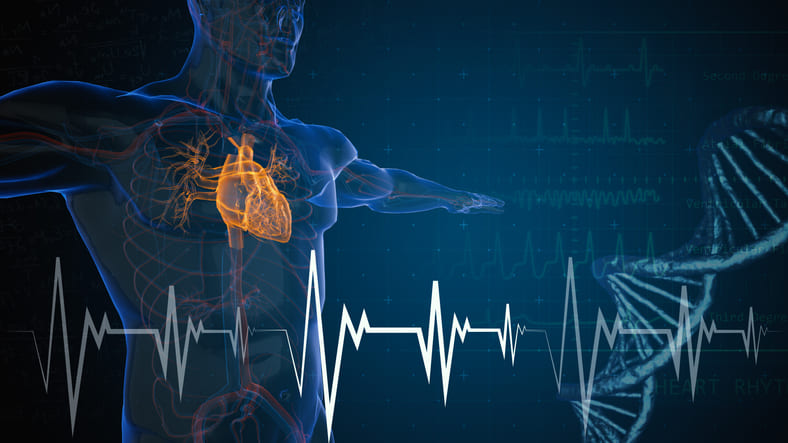Corilagin is a polyphenol has been identified anti-inflammatory properties. However, the anti-atherosclerotic effects of corilagin are not well understood. Here, we evaluated the anti-atherosclerotic effects and the underlying mechanisms of corilagin. We also verified whether corilagin can reverse atherosclerosis by regulating matrix metalloproteinase (MMP)-1, -2, and -9 in vitro and in vivo. An atherosclerosis model was established by feeding minipigs a high-fat diet combined with balloon injury, and the effects of different concentrations of corilagin on common carotid artery atherosclerosis in minipigs were monitored. Murine RAW264.7 macrophages were cultured and induced with oxidized low-density lipoprotein; fluorescence microscopy revealed the nuclear translocation of NF-κB. Furthermore, MMP-1, -2, and -9 expression in common carotid artery plaques and cellular models was detected by immunohistochemistry, western blotting, and RT-PCR. The pathological results suggested that the vascular intima of the model control group was significantly thickened, a large amount of collagen fibers was deposited, endothelial cells were damaged and detached, and plaque and foam cell formation occurred to varying degrees on the arterial wall, with lipid deposition. Corilagin treatment significantly reduced the degree of injury in the common carotid artery and decreased the number of lipid plaques and foam cells. Additionally, corilagin downregulated MMP-1, -2, and -9 expression in the common carotid artery plaques and cellular model. Moreover, corilagin significantly inhibited NF-κB nuclear translocation in vitro. Overall, corilagin exerted substantial therapeutic effects on experimental atherosclerotic minipigs via the downregulation of MMP-1, -2, and -9 expression.Copyright © 2021 Elsevier B.V. All rights reserved.
Corilagin ameliorates atherosclerosis by regulating MMP-1, -2, and -9 expression in vitro and in vivo.


